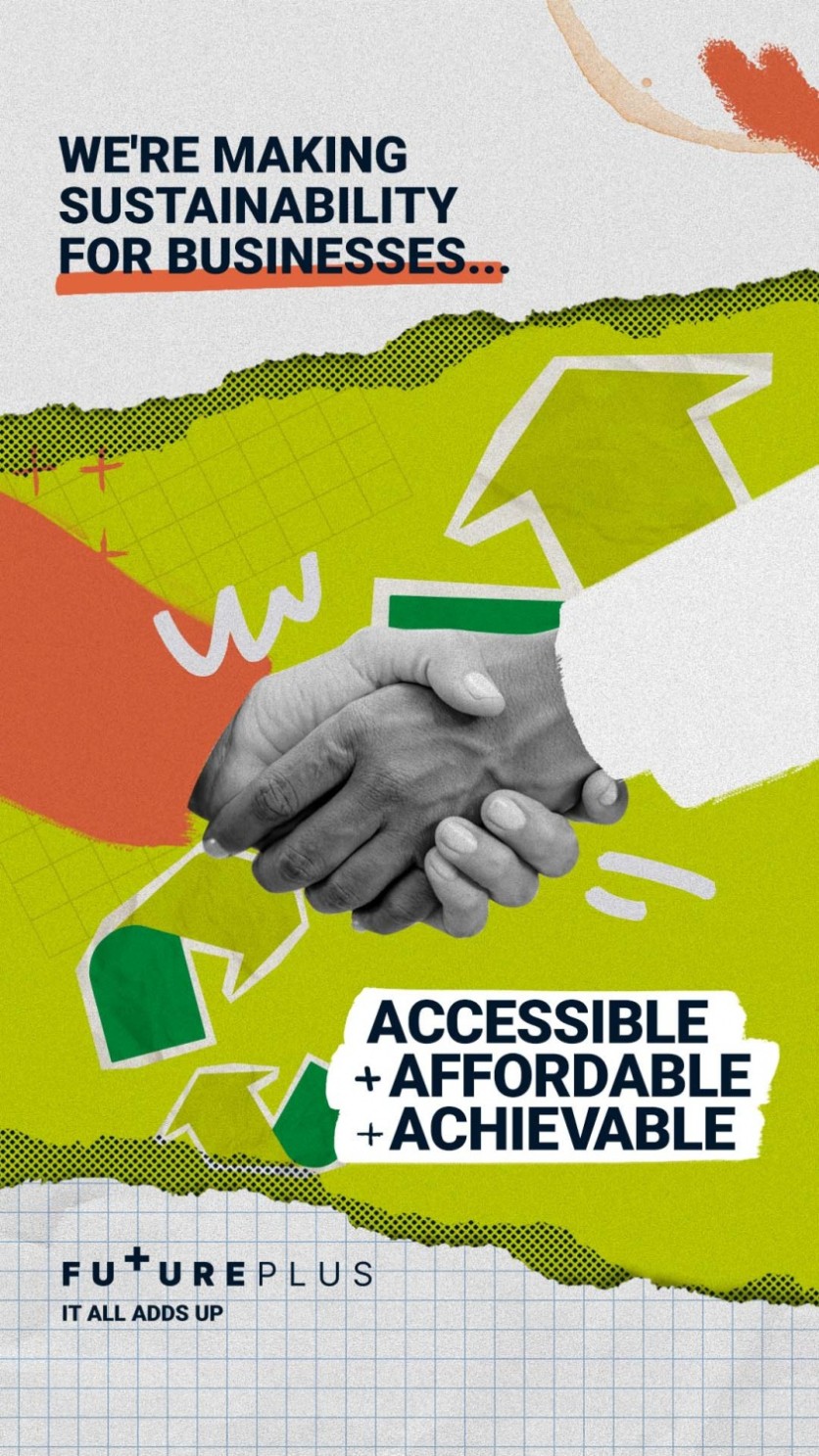When Elon Musk declares on Twitter that 'ESG is a sham' - as reported in Green Buzz Weekly - it's a statement that we at FuturePlus pay attention to. Why? Because there are some fundamental things you need to consider as to why he believes this, and why it resonated with us.
As a sustainability and ESG (Environment, Social, Governance) measurement and management platform, we encourage businesses of all sizes, sectors and geographies to understand, measure and improve their positive impact on the communities in which they operate; with who, and to whom.

READ ALSO : Elon Musk says ESG Should be Deleted, Reports Focus on Supporting EU's Defense Instead of Energy
ESG is now a familiar term and one we're all meant to be governed and measured against. Yet, there are some lingering fears we hold that are also mirrored in the article.
For example, companies and investors are measuring ESG through a collection of indicators which have a limited ability to track progress, and which provide no standardisation across industries. It is also valuing metrics because they are easy to measure rather than valuable to both the people and the planet. This is unsustainable and simply bad practice.
The current focus to only measure theme-specific areas such as climate - including GHG (Greenhouse Gases) emissions - is hugely important, but it does not tell us the whole story.
We know (and can prove) that in order to understand an organisation's impact, you need to interrogate these five pillars of sustainability across social, environmental, climatic and economic impact of the company, as well as its diversity and inclusion.

If you focus on only a singular theme, you often miss the negative consequences and compromises that will always exist within sustainability. For example, a poorly managed but positive GHG reduction programme such as carbon offsetting has the potential to have a hugely negative effect on biodiversity, environmental health and social progress if poorly conceived.
Many people and the smart investors know this, and they can see that ratings for businesses - particularly larger and global businesses - aren't measuring what is important. In short, these businesses are not sharing the information across the five pillars of sustainability in order to make useful and valid decisions based on the positive impact of business.
We need to move away from the negative screening of businesses that simply prove they don't do bad, and move to a world where organisations of any size and sector can confidently state where they are, where they want to be, and be held accountable to that progress towards a more positive impact. In other words, it's not about hiding less bad, but more about transparency. Companies will gain trust by illustrating how to become 'completely good' and 'better' in an authentic, accessible and pragmatic way.
This is our mission at FuturePlus - to make ESG accessible for all businesses by removing the complexity and jargon associated with it. Elon Musk is correct, because right now it is not achievable and we have a duty of care to transform the metrics if we are to truly deliver on them.
We must make ESG achievable for everyone in our highly distributed workforce. Regardless of company sector and size, ESG has to become affordable and understandable if the sole trader to the global enterprise, and by using these five pillars we can make transformative progress, quickly.
As the article mentions, this change will not be without its challenges and work will still need to be done to improve social impact and sustainability. But by understanding the ambition of companies to improve and providing a standardised benchmark for comparison we may just shake the fear of the scam and start looking to a more positive future.
RELATED ARTICLE : Elon Musk Calls ESG a 'Scam,' Claims Tesla 'Better' for the Environment Than Any Company
Tech Times Exclusives #31: Watch our exclusive interview with FUTUREPLUS' Alexandra Smith as she talked about making sustainability accessible, achievable, and affordable through their revolutionary self-management tool, FuturePlus.
ⓒ 2025 TECHTIMES.com All rights reserved. Do not reproduce without permission.




